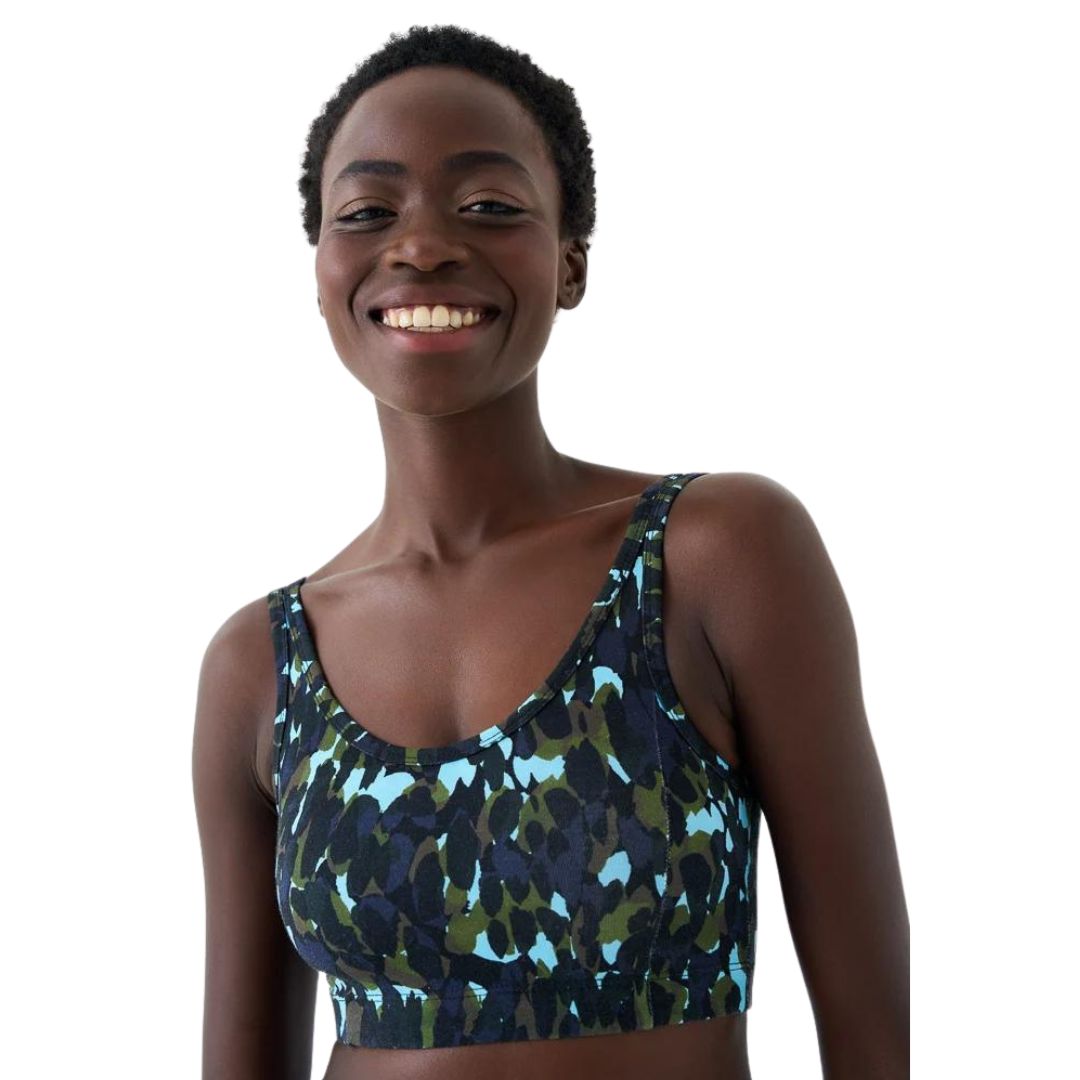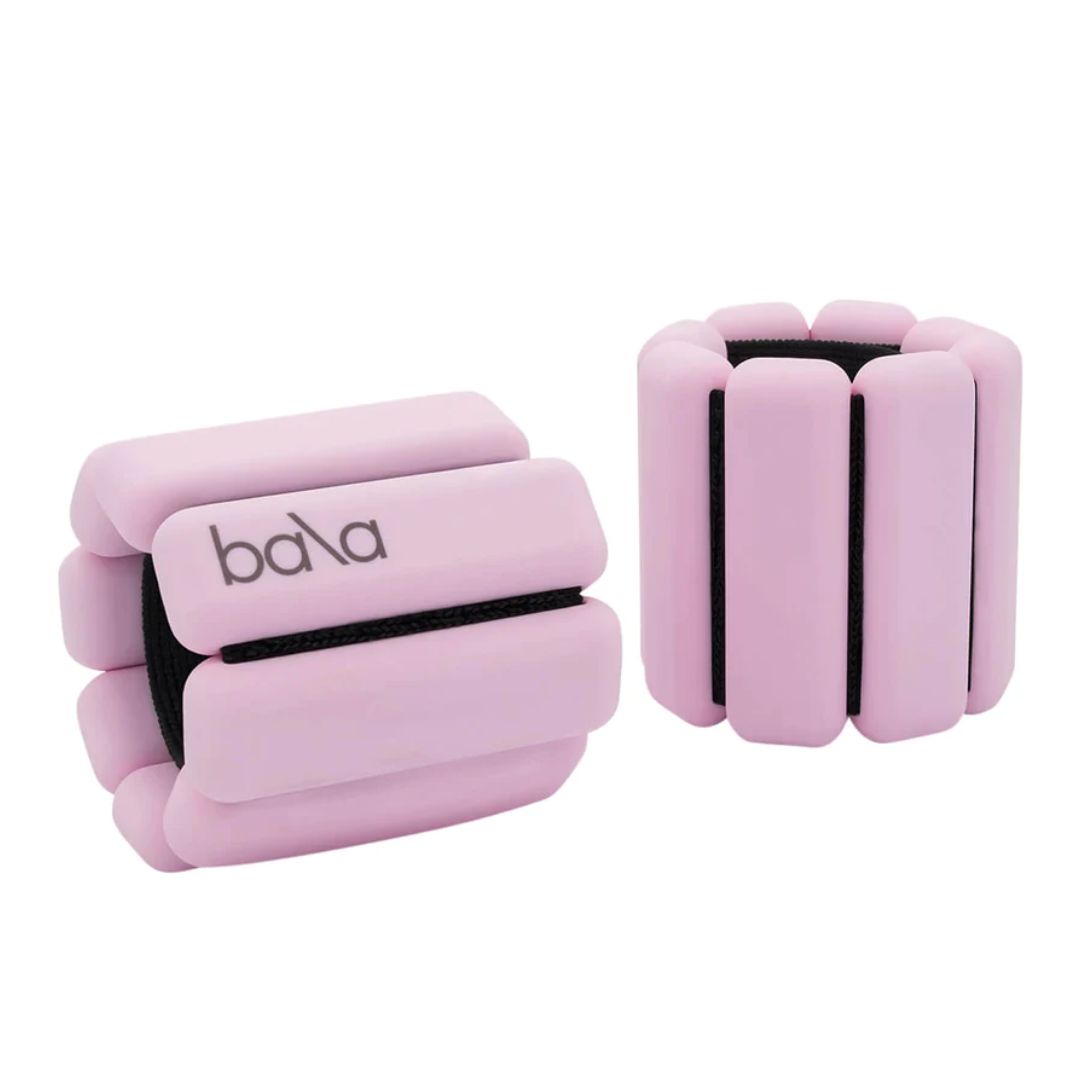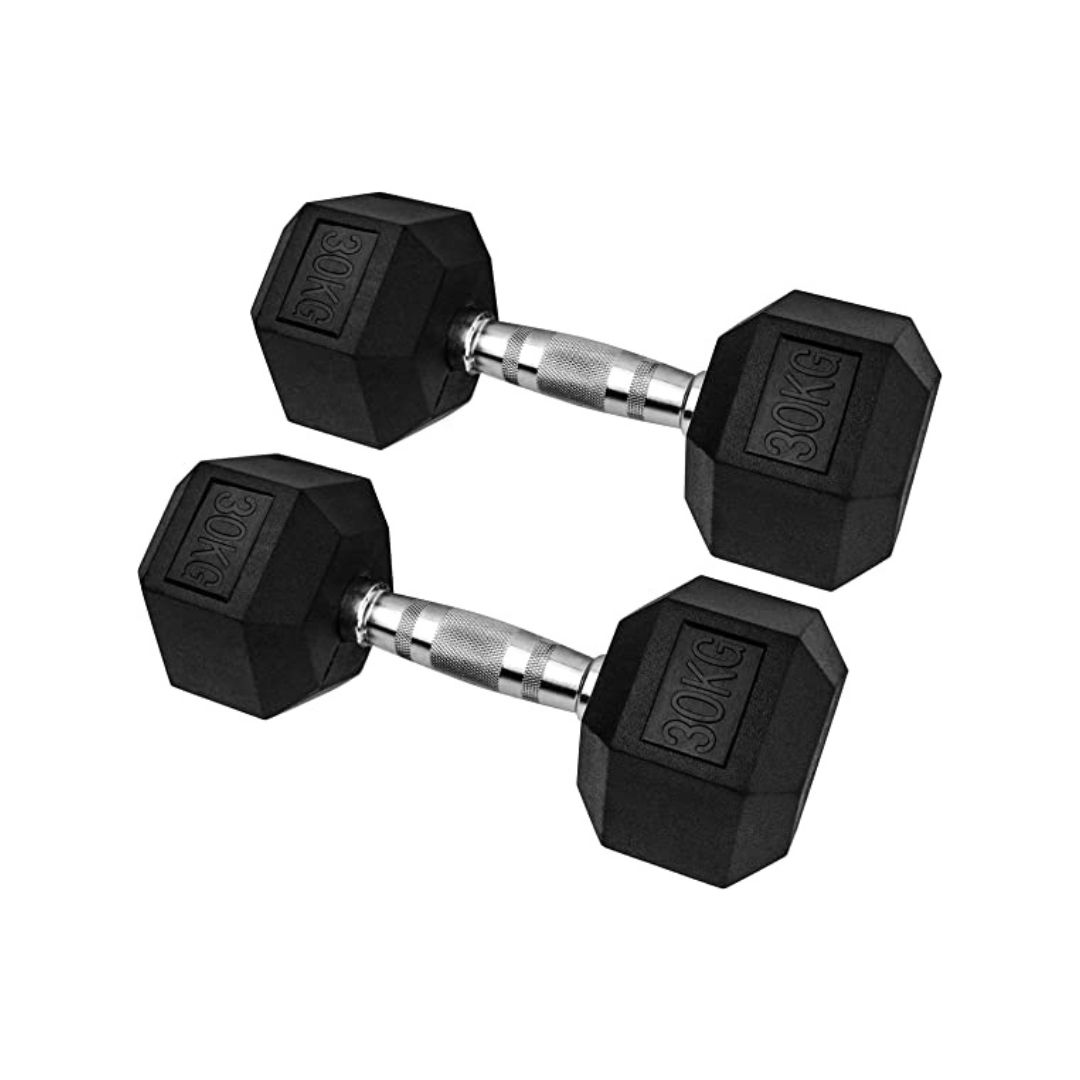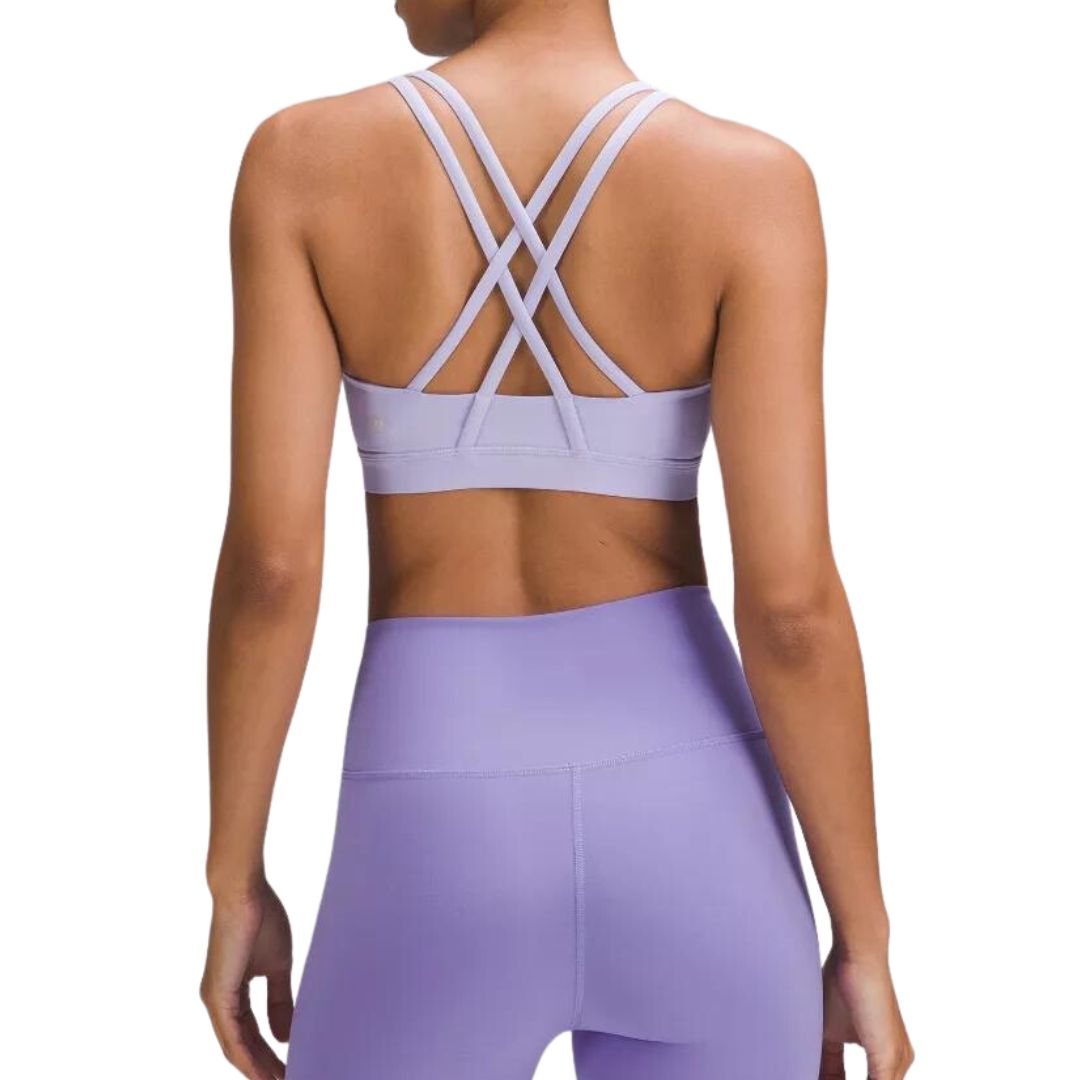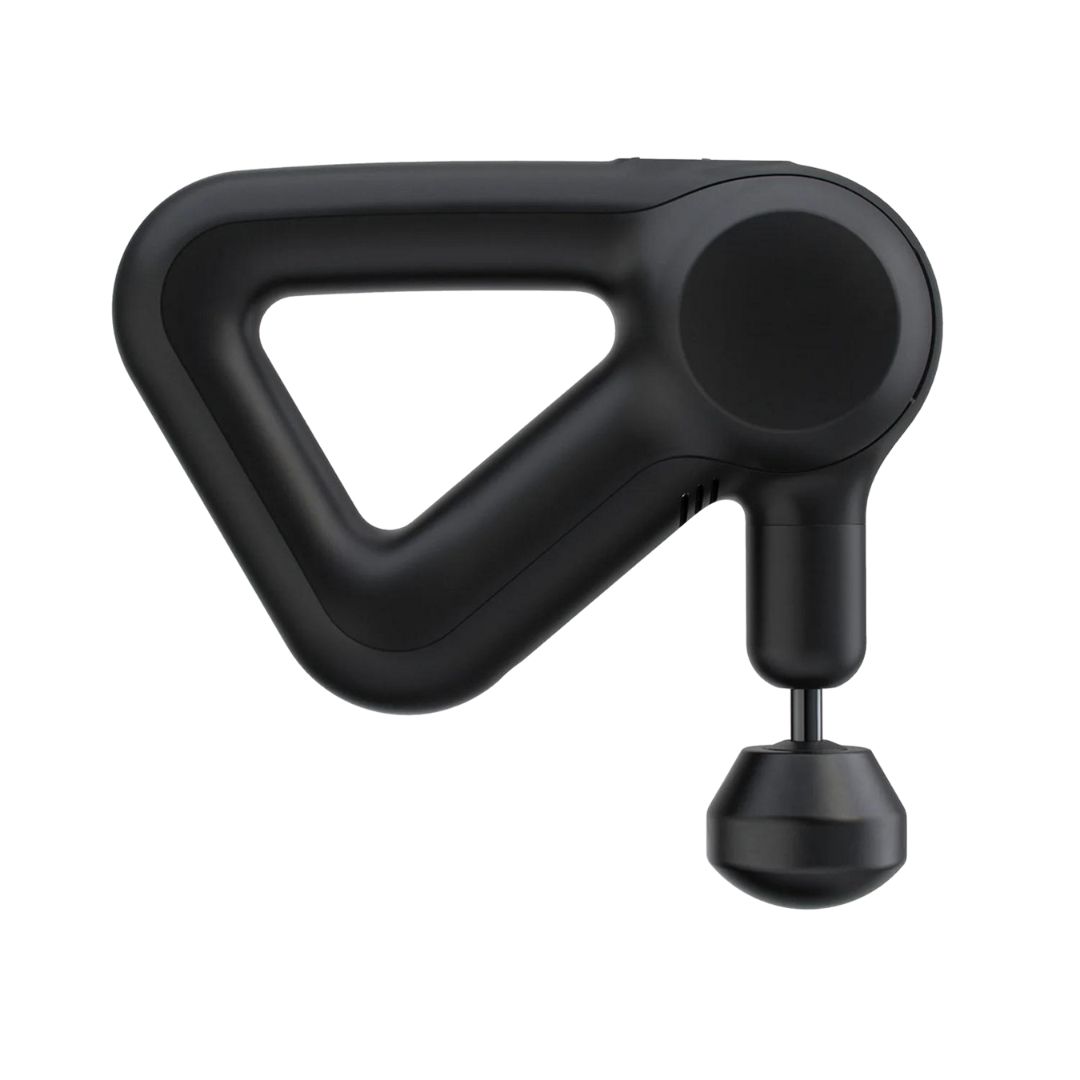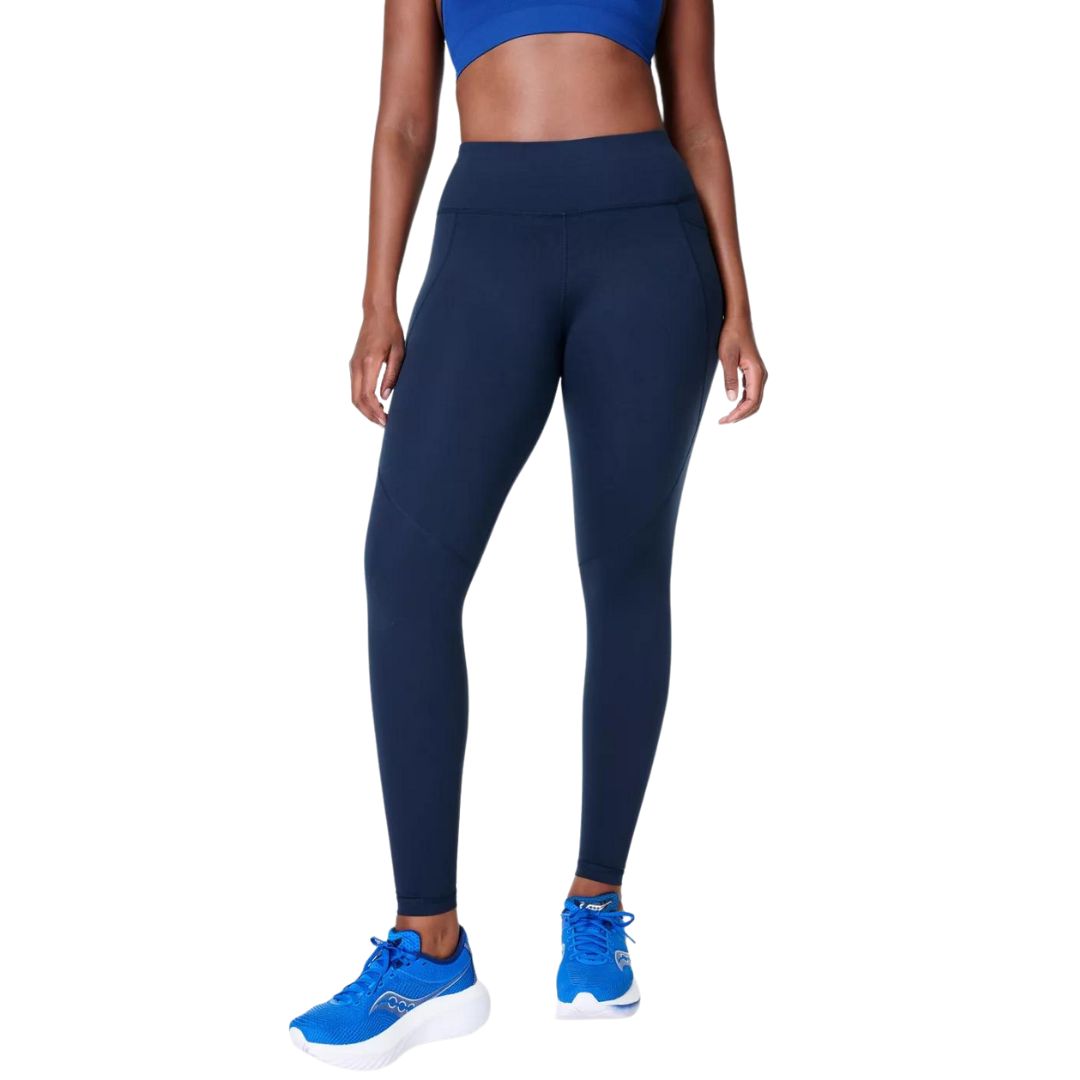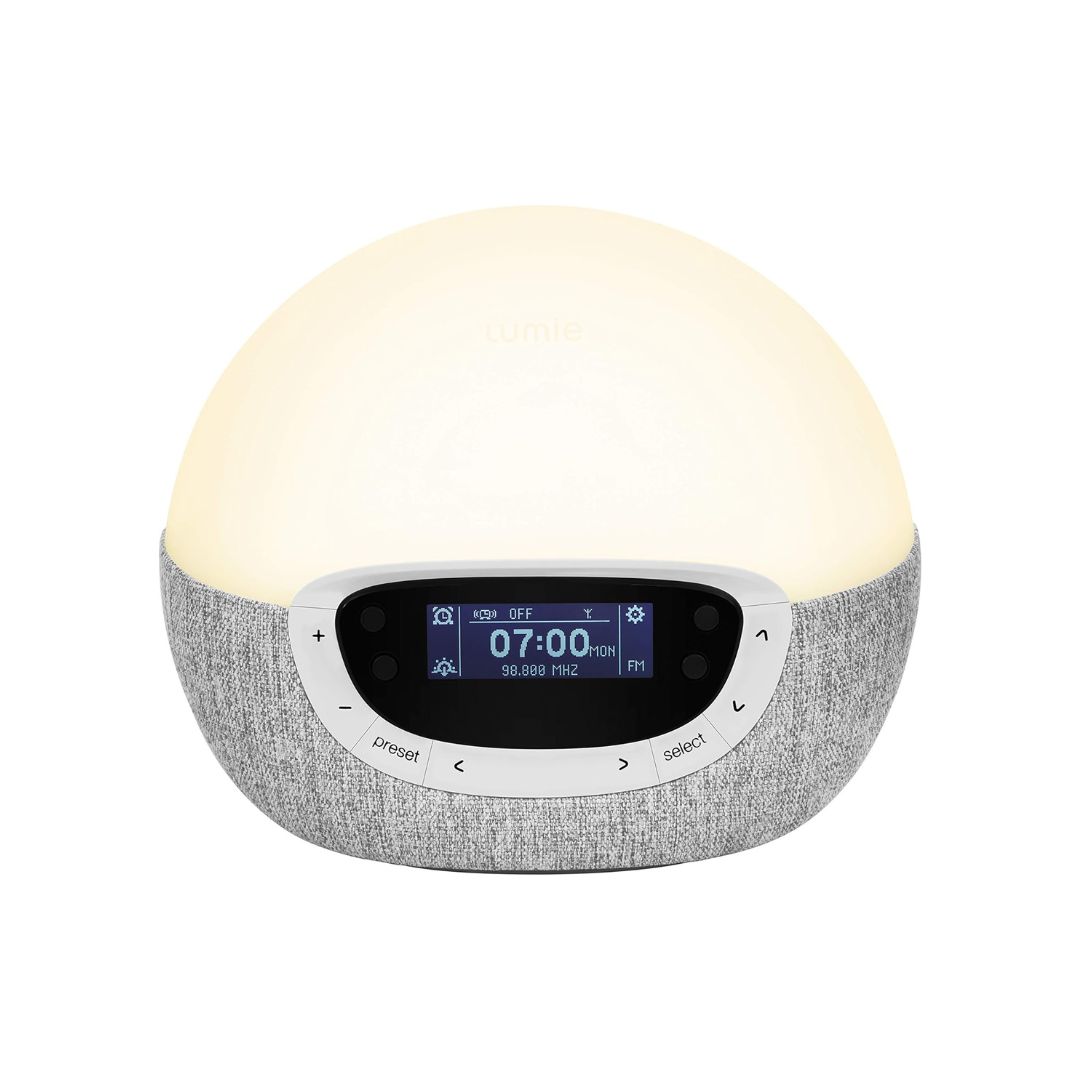I’ve been going a yoga class every weekend for eight months – and have noticed some surprising benefits
I feel present, in control and prepared.

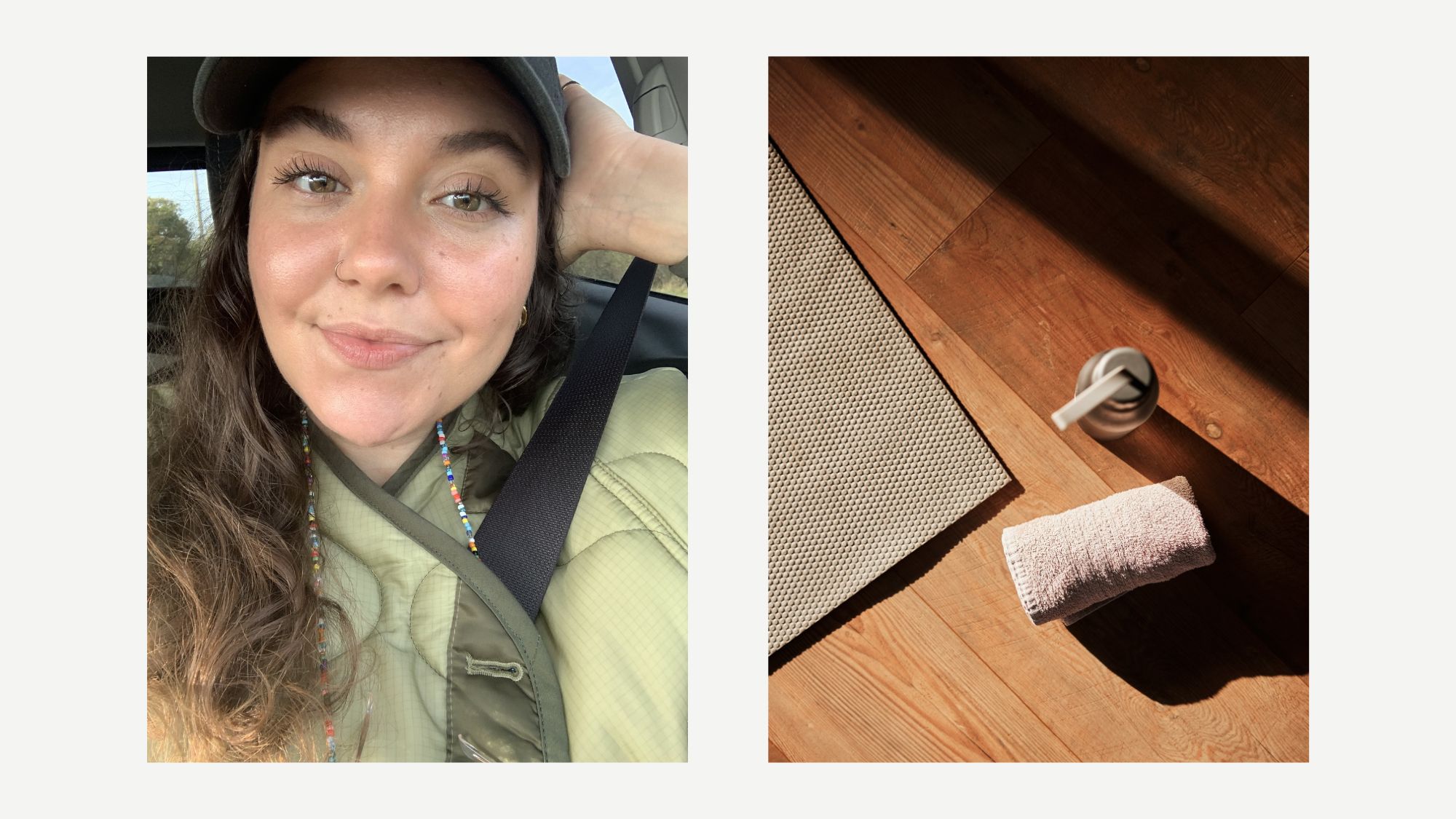
Celebrity news, beauty, fashion advice, and fascinating features, delivered straight to your inbox!
You are now subscribed
Your newsletter sign-up was successful
Back in March, I had the bleak realisation that weekends had started to become quite stressful for me. Where, once, they’d comprise equal parts activity, errands and rest, lately, plans were being overshadowed by a feeling of shame that persisted right until Monday morning. That's why I decided to give weekend yoga a go - a surefire way to help me de-stress, build strength, and wind down.
Prior to taking on my new workout habit, I felt guilty when I hadn’t managed to tick off all my scheduled weekly workouts come Saturday - which was often, as my work got increasingly busy. I also struggled with guilt at rescheduling sessions to weekend days when really I wanted to enjoy time with loved ones and inevitably felt worse when Sunday evening arrived and I still hadn’t managed to get my programmed movement in because of said aforementioned activities. I was in a constant shame spiral for not living up to my own impossible expectations, and it was spoiling my free time and messing with my mental wellbeing.
That's where the yoga came in. Despite feeling like I should be doing more (even though I clearly didn’t have the mental capacity), I decided to try slowing down. Instead of forcing a taxing session one weekend, I booked a morning yoga class instead. I opted for Yin yoga class at for 9.15am on a Saturday morning.
I wasn’t 100% sure what to expect, but I was hoping I’d leave with less racing thoughts than what accompanied me to the mat. An hour, and several deep stretches later, I felt calmer – a bit floaty, even – and content (they're right about the many benefits of yoga, huh). So much so, I bought a 10-pack of class passes and booked myself a spot in the same class the following week. And I’ve been attending, where my schedule allows, ever since.
Keen to read how I got on? Well, you'll have to keep scrolling. Don't miss our guides to yoga for beginners, and the different yoga poses and types of yoga, while you're here.
I tried weekend yoga for eight months - and it's changed my fitness a lot
What is weekend yoga?
Weekend yoga is just a catch-all term for - yep, you guessed it - any type of yoga you complete on a Saturday or Sunday. Many choose to get their flows in come the weekend as you've got more time on your hands and room to breathe without work deadlines and calls.
While there are loads of different types of yoga, including Hatha yoga, Vinyasa yoga, and Moksha yoga, my weekend yoga of choice was Yin yoga. Never heard of it? It's a slow-paced style of yoga where positions (or asanas) are held for longer periods of time than some other forms of yoga, such as Vinyasa. Postures are maintained for three to ten (and sometimes more) minutes at a time, relieving tension, targeting deep connective tissues, and encouraging mindfulness and breath awareness.
Celebrity news, beauty, fashion advice, and fascinating features, delivered straight to your inbox!
Research has found that Yin yoga has positive health effects, such as decreasing biomarkers linked with premature mortality. It has also been associated with reduced sleep problems, stress, depression and anxiety in highly stressed adults.
5 benefits I’ve experienced by incorporating Yin yoga into my routine
1. I feel less achy immediately after
Screentime is a prerequisite of my job, so I spend most days sitting at my desk, looming over my laptop as I type out feature after feature. I try to be conscious of my posture throughout the day, but it’s beginning to take its toll. My upper back and shoulders ache, and my jaw is tight with tension.
Leaving my first Yin yoga class, I noticed that my joints felt more lubricated than they had in ages. I’d somehow tapped into the deep tissues surrounding my scapula and released the constant clench in my jaw and, as a result, my body felt lighter and less achy.
It wasn’t a long-term resolution – the discomfort returned come Monday morning, but it highlighted my body’s need for more stretch and mobility-based movement as a tool to help alleviate aches. Stretching workouts at the ready.
2. I feel more calm, and less overwhelmed
I’ve already touched upon the potential stress-relieving benefits of Yin yoga, and attending classes for the last eight months has allowed me to experience them first-hand.
Often, I’ll wake up on a Saturday morning having, disoriented by sleep, cancelled my alarm, so I have to rush around to get ready and make it in time for class. It’s not unusual for me to arrive flustered, afraid of disrupting other attendees if I’m late or losing out on equipment. But, a few deep breaths into the session and I’ve forgotten all of that.
As I leave, rose hot chocolate in hand (why not?), I feel present and in control and more prepared for whatever I have lined up for the remainder of the weekend. I've read about yoga for energy before, and while I found Yin gave my physical energy, it gave me mental energy, too.
3. It eases my physical symptoms of anxiety
If you’ve read this far and thought to yourself “this girl needs something stronger than just Yin yoga”, you’re not wrong. I’ve suffered symptoms of anxiety – ranging from the inconvenient to the completely crippling – for as long as I can remember, and so I’ve spent the last decade or so searching for small habits that help to relieve some – any – of my worries.
Yin yoga isn’t a cure for mental illness (if you’re experiencing any signs of anxiety you should speak to your GP and consider therapy if it’s accessible to you), but it is one of the tonics I’ve stumbled upon that helps, a little bit.
I sometimes notice, after attending a Yin class, that my heart rate has slowed, and that I’m not subconsciously flexing my stomach. My breathing feels more satisfying, and my mind more focused on the present.
As I said, it’s not to be relied upon to resolve anxiety and other mental illnesses, but it does help to temporarily relieve some of my symptoms.
4. It makes me feel powerful
A few days ago my partner asked me when I feel at my best and, after a few moments of thinking it over, I responded that it’s when I’m moving my body.
Something about lifting heavy weights, hiking mountains and doing tricks with a skipping rope makes me feel really powerful. What Yin yoga taught me is that I don’t need to be doing an activity that could be perceived as impressive to feel powerful.
I could be holding a lunge-like posture, or even lying flat on my back in Savasana – which my instructor concludes every class with – and, still, I feel that same sense of power. This led me to realise that perhaps what actually makes me feel powerful is simply being connected with my body. Deep, I know.
5. Movement shouldn’t always be high-intensity
Before I knew better, I couldn’t quite understand the value of low-impact and slow-paced movement. Mind poisoned by the diet culture marketing of my childhood (and beyond), I mistakenly thought, for a long time, that the healthiest people were those who exercised at maximum capacity day in, day out.
Of course, that couldn’t be further from the truth. Our bodies need rest and downtime to recover from the physical, mental and emotional stressors of life, and something like a low-intensity walk is just as (if not more) important as lifting heavy weights and doing sweaty cardio. Yin yoga is another excellent low-impact activity to aid recovery.
Shop MC UK's go-to workout kit:
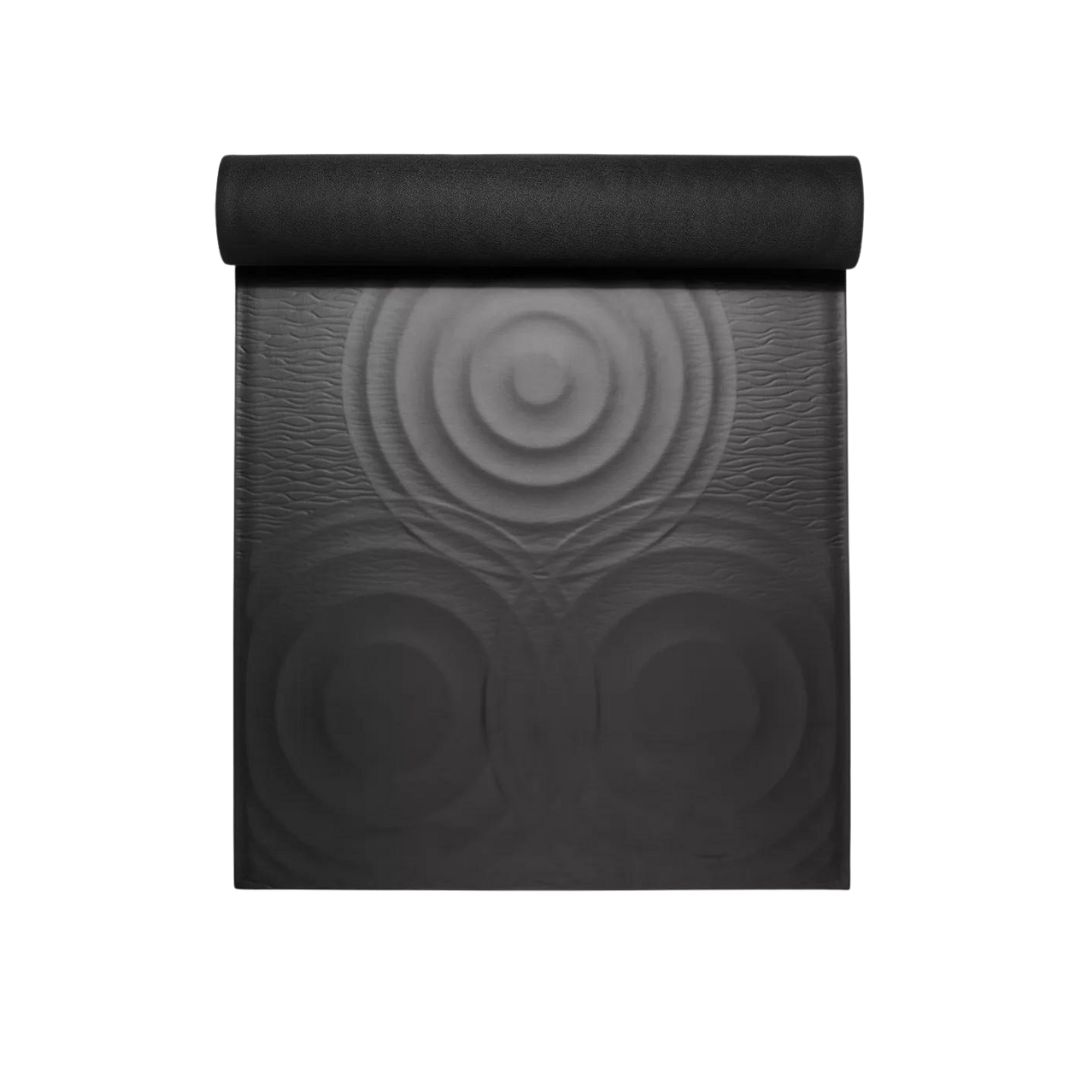
Topping our guide to the best yoga mats is this super popular 5mm-thick mat that comes with a whole load of cushioning, visual alignment cues and moisture absorption. Put it this way: it’s a deliciously padded mat that you won't mind getting out of bed for.

Abbi Henderson is a freelance journalist and social media editor who covers health, fitness, women’s sport and lifestyle for titles including Women's Health and Stylist, among others.
With a desire to help make healthcare, exercise and sport more accessible to women, she writes about everything from the realities of seeking medical support as a woman to those of being a female athlete fighting for equality.
When she’s not working, she’s drinking tea, going on seaside walks, lifting weights, watching football, and probably cooking something pasta-based.
